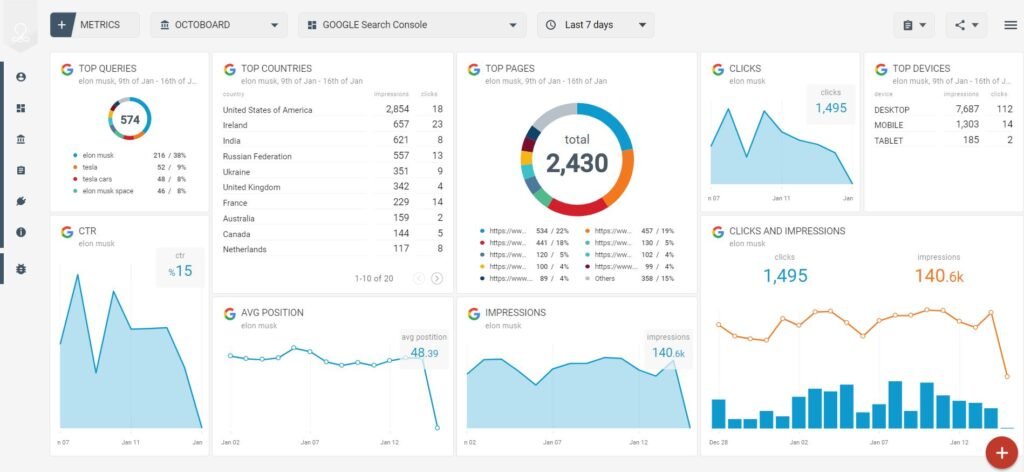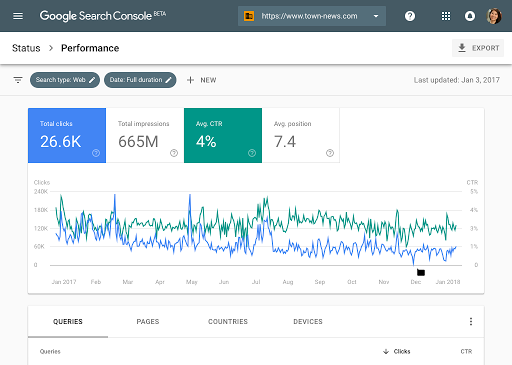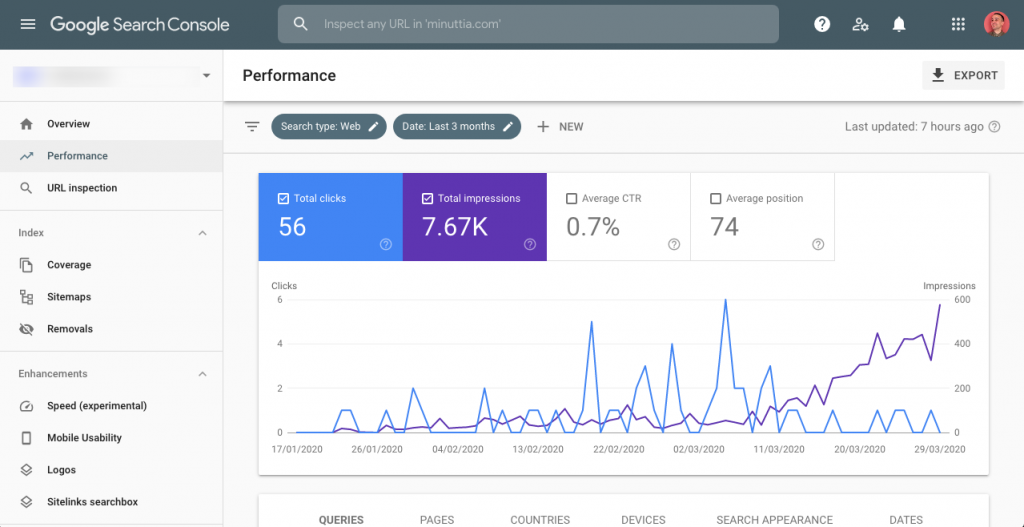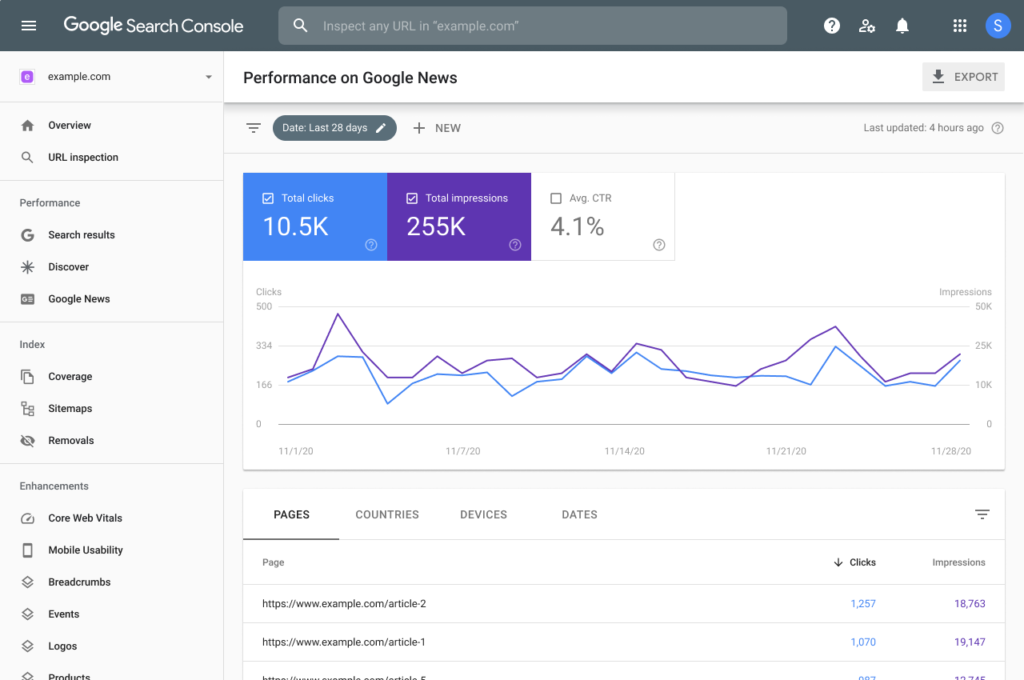In the rapidly evolving world of agriculture, technology is crucial in enhancing productivity and efficiency. One of the most transformative innovations in recent years is using agriculture drones. This expert agriculture drone guest post explores why these advanced tools are becoming indispensable for modern farming and how they are shaping the future of agriculture.
The Rise of Agriculture Drones
Agriculture drones, also known as unmanned aerial vehicles (UAVs), are revolutionizing how farmers manage their crops and land. These drones are equipped with high-resolution cameras and sensors that provide real-time data, which can be crucial for making informed decisions. From monitoring crop health to assessing soil conditions, agriculture drones offer a level of precision and efficiency that was previously unattainable.
Enhancing Crop Management
One of the primary benefits of agriculture drones is their ability to monitor crop health from above. These drones can capture detailed images and data on crop growth, detect diseases early, and assess the effectiveness of treatments. By identifying problem areas quickly, farmers can apply targeted interventions rather than blanket treatments, which can significantly reduce costs and increase yield.
In this expert agriculture drone guest post, it’s important to highlight how these drones use multispectral and thermal imaging to analyze crop health. Multispectral cameras can detect plant stress and nutrient deficiencies by capturing data in different light wavelengths, while thermal imaging helps identify areas with inadequate water supply. This detailed information allows farmers to make data-driven decisions that enhance overall crop management.
Optimizing Resource Use
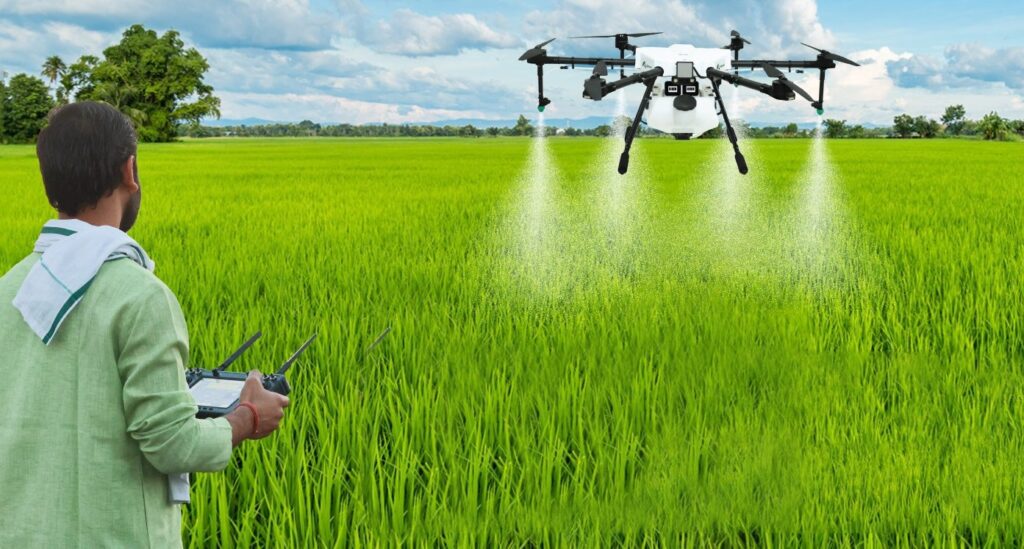
Efficient resource management is another key advantage of agriculture drones. Traditional farming methods often involve generalized application of water, fertilizers, and pesticides, which can lead to waste and environmental impact. Agriculture drones, however, enable precision agriculture by mapping fields and identifying exactly where resources are needed.
For instance, drones equipped with precision spraying systems can deliver fertilizers and pesticides directly to the areas that require them, minimizing waste and reducing the environmental footprint. This targeted approach not only conserves resources but also ensures that plants receive the optimal amount of nutrients and protection.
Improving Farm Efficiency
The use of agriculture drones significantly enhances farm efficiency. By automating tasks such as field mapping and crop monitoring, drones save time and reduce the labor required for these tasks. Farmers can cover large areas quickly and with greater accuracy than traditional methods, leading to more effective and timely interventions.
Additionally, drones provide valuable data that can be integrated into farm management software. This data can be used to create detailed reports, track progress, and plan future strategies. As a result, farmers can optimize their operations and make more informed decisions about their crops and resources.
Challenges and Considerations
While agriculture drones offer numerous benefits, there are challenges and considerations to keep in mind. Initial costs for drones and their maintenance can be significant, and farmers need to be trained to use the technology effectively. Additionally, regulations regarding drone usage vary by region, and farmers must ensure compliance with local laws.
In this context, MWT Media can play a vital role in providing information and resources about agriculture drones. As a leading provider of guest posting services, MWT Media can help spread knowledge about the advantages and challenges of agriculture drones through expert guest posts. By collaborating with industry experts, MWT Media ensures that accurate and valuable information reaches farmers and stakeholders in the agriculture sector.
Conclusion
Agriculture drones are a game-changer in the field of modern farming. Their ability to enhance crop management, optimize resource use, and improve farm efficiency makes them an invaluable tool for today’s farmers. As highlighted in this expert agriculture drone guest post, the integration of drones into farming practices represents a significant step forward in precision agriculture.
With the support of organizations like MWT Media, the knowledge about the benefits and applications of agriculture drones can be shared more widely, helping farmers make informed decisions and embrace this innovative technology. The future of agriculture is here, and it’s taking flight with drones.



